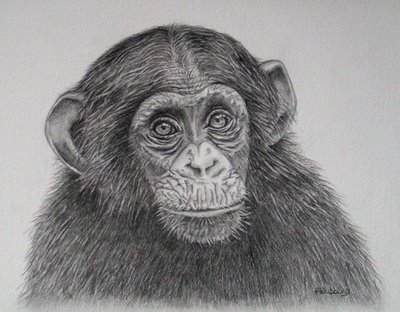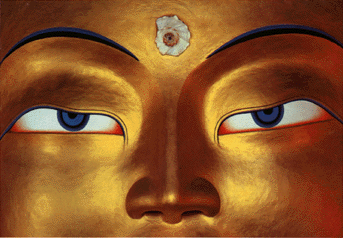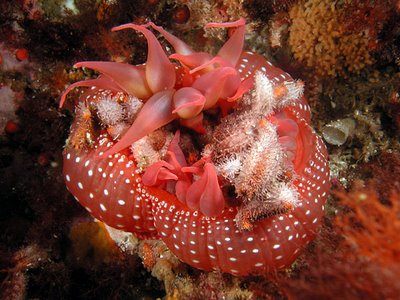Autism is hard to define...

Is autism ready to stake its claim on human evolution or is it just the latest anomaly of human consciousness to catch the attention of the medical community and therefore garner a flood of over-diagnosis? Theories abound with regards to the reach of this neurodevelopmental disorder, some say it occurs in 1 in 166 children, while others say 1 in 1000. That's quite a discrepancy.
Autism experts such as Simon Baron-Cohen suggest that autistic children often appear to lack a "theory of mind" or the ability to see things from another person's perspective. Baron-Cohen says theory of mind is "exclusive to human beings above the age of five and, possibly, other higher primates such as adult gorillas, chimpanzees and bonobos." Another noted scholar, Stephen Pinker, states: "Together with robots and chimpanzees, people with autism remind us that cultural learning is possible only because neurologically normal people have innate equipment to accomplish it."
What's very clear is that no one, save a few hot shot professor types, likes the chimp/people with autism comparisons, least of all members of the always interesting Autism Hub. Meanwhile the primate experts take continual offense at their subjects being reduced to human terms and not being understood within the context of their own exististence.
And what do the chimps have to say about all this? Predictably, they too fall prey to wild overstatement.
Autism is hard to define.
(young chimp drawing by another Sarah)

























